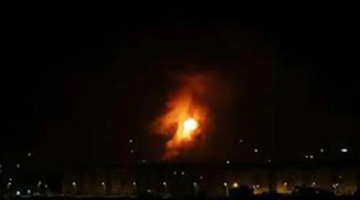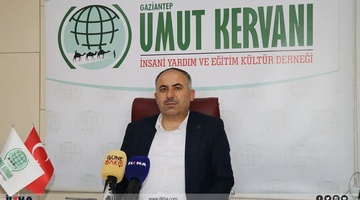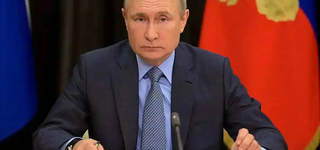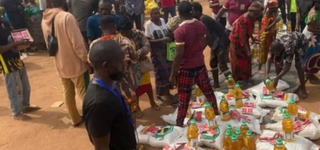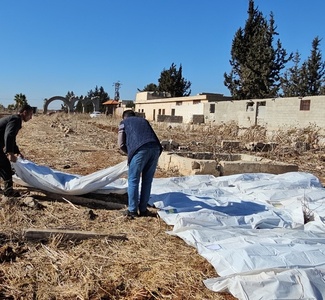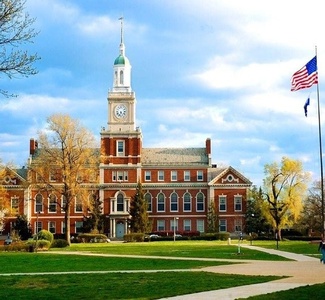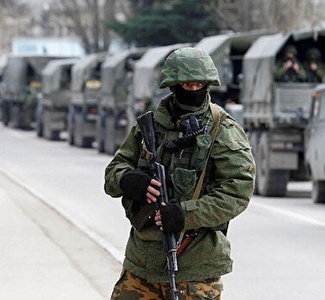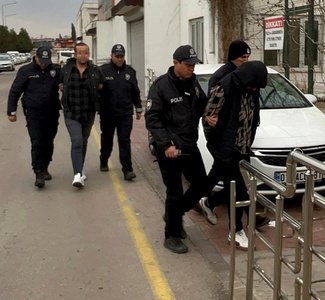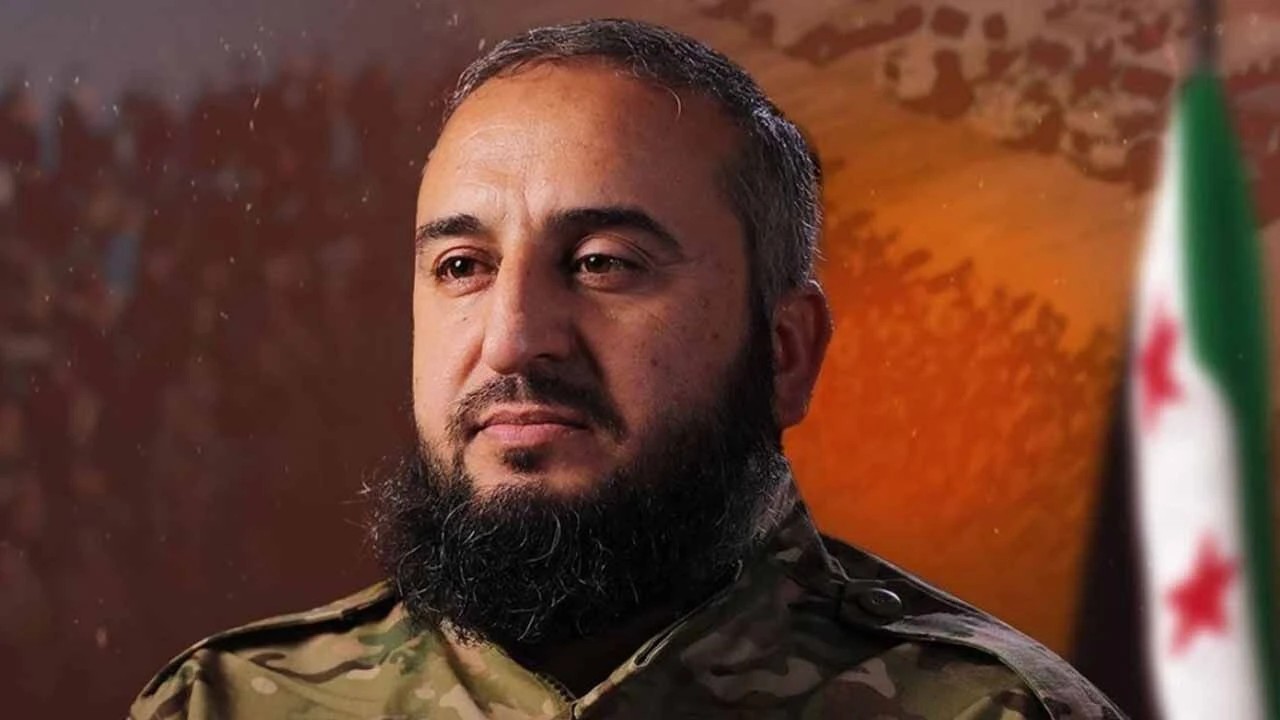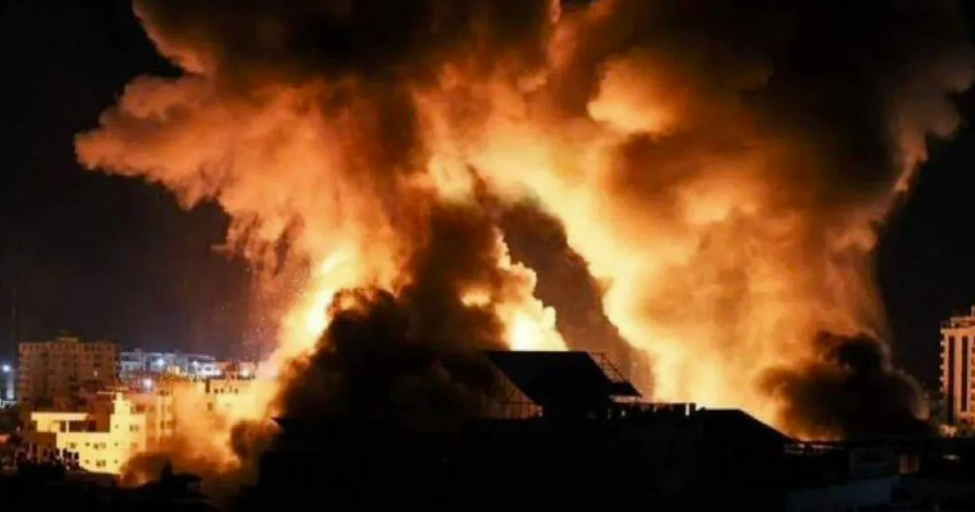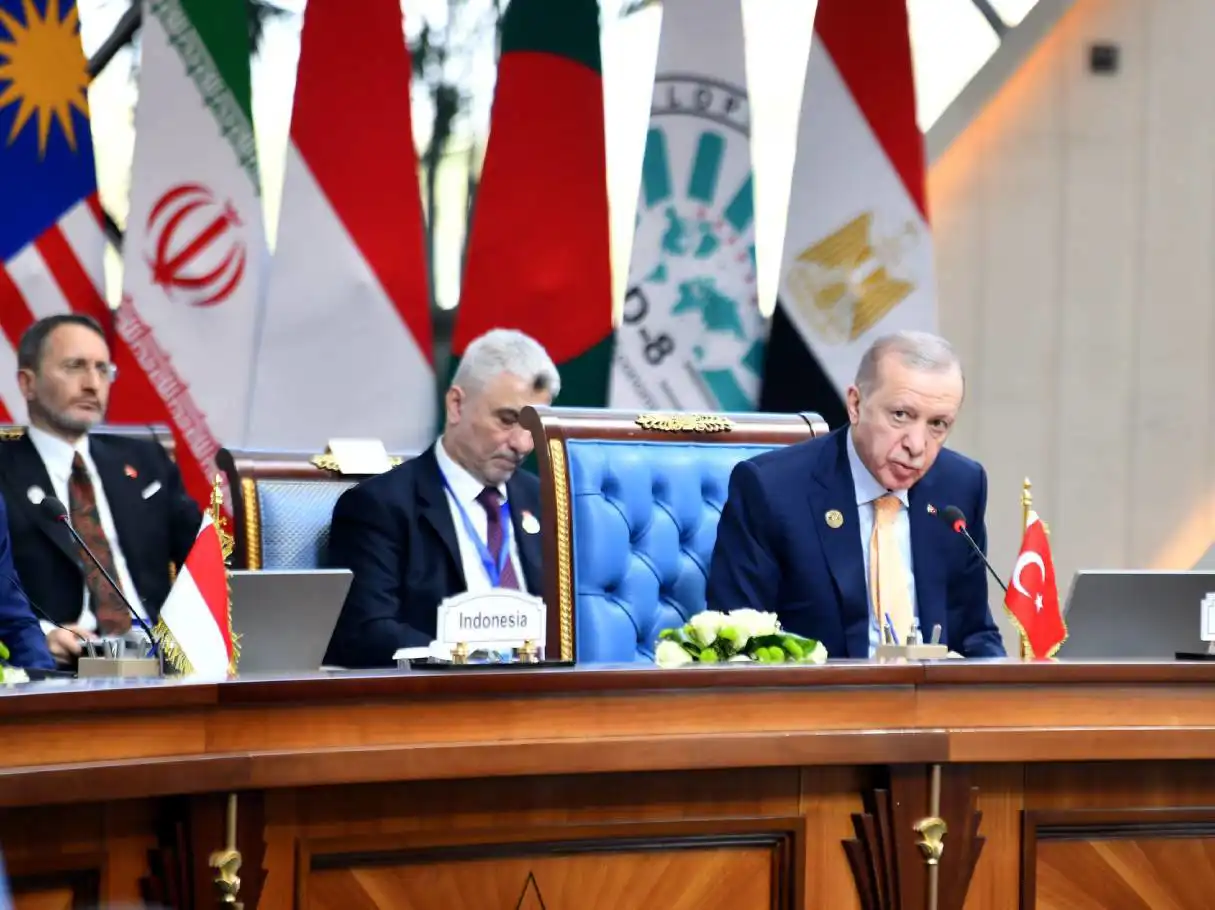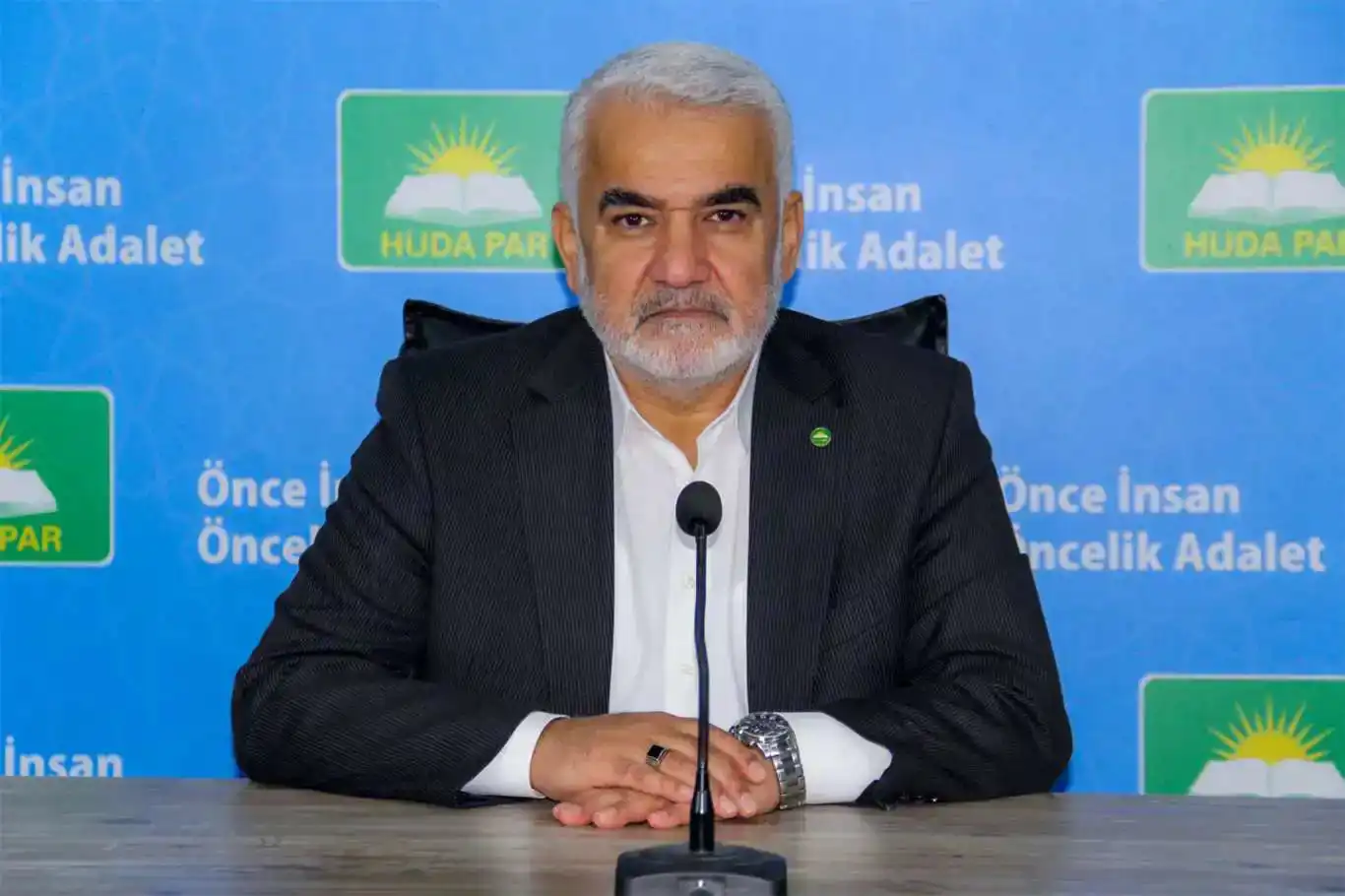Iran prepares for presidential elections following tragic death of President Raisi
Iran is gearing up for presidential elections scheduled to take place on Friday, following the untimely death of President Raisi in a helicopter accident on May 19th, during his third year in office.
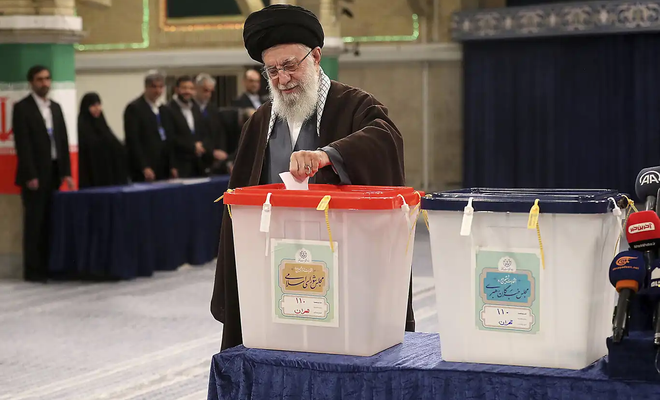
 Google News'te Doğruhaber'e abone olun.
Google News'te Doğruhaber'e abone olun. The Guardian Council, responsible for vetting candidates, approved six out of 80 initial registrants, all of whom are men despite several women registering. Approximately 61 million eligible Iranian voters will cast their ballots, with results determined by majority vote or a runoff on July 5th if necessary. No clear front-runner has emerged ahead of the election.
The approved candidates predominantly hail from the conservative and hardline factions of Iranian politics, a spectrum Raisi also represented. Mohammad Baqer Qalibaf, a former Revolutionary Guard and Tehran mayor, is making his fourth attempt at the presidency. Saeed Jalili, known for his hardline stance and role on the Supreme National Security Council, is also in contention, alongside Tehran mayor Alireza Zakani, Vice President Amirhossein Ghazizadeh Hashemi, Mostafa Pourmohammadi, and the sole reformist candidate Massoud Pezeshkian.
Notably absent from the ballot are prominent figures like Ali Larijani and Mahmoud Ahmadinejad, barred from competing. Recent polls suggest a divided electorate, with Qalibaf, Jalili, and Pezeshkian leading in popularity, while others trail significantly.
Whoever assumes the presidency will inherit significant challenges, including economic instability, domestic discontent, and ongoing international tensions over Iran’s nuclear program. While the president holds influence over domestic policies and international representation, ultimate authority rests with the Supreme Leader and other unelected bodies, shaping Iran's strategic decisions.
Iran has seen declining voter turnout in recent elections, reflecting public disillusionment amid restrictive candidate vetting. Reformist candidate Pezeshkian's candidacy has spurred renewed interest among centrists and reformists, though overcoming historical turnout lows remains uncertain.
The upcoming election will shape Iran’s trajectory amidst internal power struggles and external pressures, with implications for both domestic governance and international relations. (ILKHA)




























